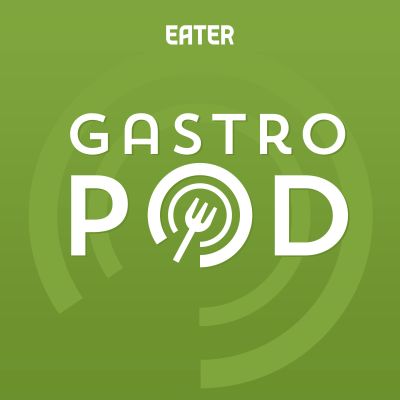Food with a side of science and history. Every other week, co-hosts Cynthia Graber and Nicola Twilley serve up a brand new episode exploring the hidden history and surprising science behind a different food- or farming-related topic, from aquaculture to ancient feasts, from cutlery to chile peppers, and from microbes to Malbec. We interview experts, visit labs, fields, and archaeological digs, and generally have lots of fun while discovering new ways to think about and understand the world through food. Find us online at gastropod.com, follow us on Twitter @gastropodcast, and like us on Facebook at facebook.com/gastropodcast.
https://gastropod.com/
Cutting the Mustard
For some Americans, a trip to the ballpark isn’t complete without the bright yellow squiggle of French’s atop a hotdog. For the French, the slow burn of Dijon is a must-have complement to charcuterie. In the U.K., Sunday’s roast beef is nothing without the punch of Colman’s. Yet few realize that this condiment has been equally essential—maybe more so—for the past 6,000 years. In fact, the first spice that we know prehistoric humans used to pep up their dinners is none other than mustard. But why is the sale of mustard oil for consumption banned in the U.S., Europe, and Canada, despite the fact it’s used by millions of people around the world nearly every day? Listen in now for the answer to that mustard mystery and dozens more, including how mustard got its heat, and why we have caterpillars to thank for its particular taste profile.
Learn more about your ad choices. Visit podcastchoices.com/adchoices
